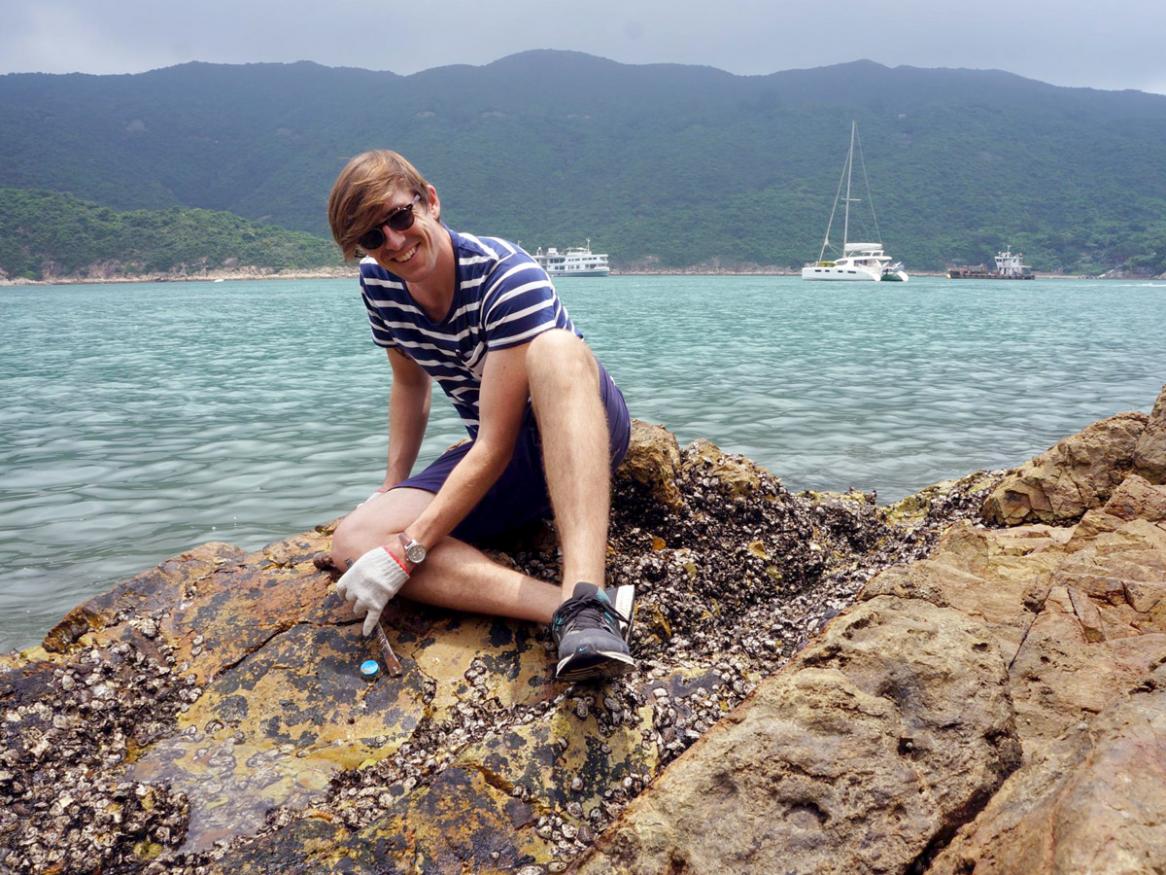News: Environment Institute
Eureka! Shellfish reef project wins major award

University of Adelaide marine ecologists are among a team of scientists awarded a Eureka Prize for their research towards rebuilding Australia’s lost shellfish reefs.
[Read more about Eureka! Shellfish reef project wins major award]
$7m boost for sciences research

ARC Discovery projects showcase the dynamic breadth of sciences research at the University of Adelaide.
'Ingenious' scientists feature at key research-industry showcase

Scientists will feature at Ingenuity 2020 – a showcase of student projects exploring real-life applications across all disciplines of STEM.
[Read more about 'Ingenious' scientists feature at key research-industry showcase]
Droughts are threatening global wetlands: new study

Scientists highlight the physical and chemical changes that occur during droughts that lead to severe, and sometimes irreversible, drying of wetland soils.
[Read more about Droughts are threatening global wetlands: new study]
Sculpture of iconic Ediacaran fossil unveiled

The legacy of science alumni and geological research highlighted with new sculpture celebrating our state’s fossil emblem, Spriggina floundersi.
[Read more about Sculpture of iconic Ediacaran fossil unveiled]
Scientists in the news this week: September 2020

Here are the stories of University of Adelaide scientists and science graduates in the news this week.
[Read more about Scientists in the news this week: September 2020]
Climate change may eliminate world’s largest lizard

The Komodo dragon could be driven to extinction by climate change unless significant measures to intervene are taken soon.
[Read more about Climate change may eliminate world’s largest lizard]
Forensic chemistry used to combat illegal wildlife trade

Illegal wildlife trade is a major concern in Australia, now scientists have validated a new technique that detects where an alien species has come from.
[Read more about Forensic chemistry used to combat illegal wildlife trade]
Using paleo-archives to safeguard biodiversity

The late Quaternary paleorecord, within the past ∼130,000 years, can help to inform present-day management of the Earth's ecosystems and biota under climate change.
[Read more about Using paleo-archives to safeguard biodiversity]
Scientists in the news this week: August 2020

Here are the stories of University of Adelaide scientists and science graduates in the news this week.
[Read more about Scientists in the news this week: August 2020]
